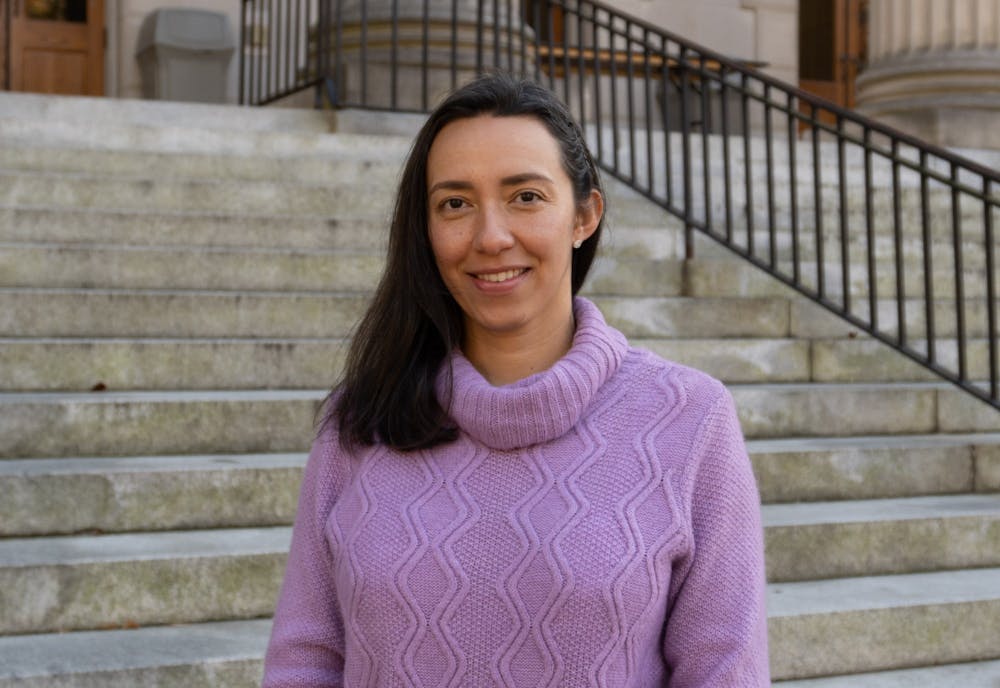In the past few weeks, UNC’s Food, Fitness and Opportunity Research Collaborative has been partnering with underserved communities in Orange County to get more people outside.
FFORC Community Outreach Field Coordinator and Orange County resident Judit Alvarado said the main goal of the long-term project, called Communities on the Move, is to create more opportunities for people within the community to be outdoors.
“It was mostly about finding solutions for people to be able to have safe access to walking, biking or exercising,” Alvarado said. “We have learned through this project that it takes time to do partnerships with communities and to build trust.”
Jessica Colon is a senior at Eno River Academy and a community member who has participated in the project. Colon said her speaking skills and overall confidence have increased as a result of her work with the FFORC.
“One thing that we did was we did a walk audit to see in our neighborhood, what were the things that made it non-walkable,” Colon said. “One of our goals was to create a more walkable community. And last week, we did a neighborhood cleanup and we had 32 bags of garbage by the end of the day.”
Having been involved in various projects with the FFORC, Alvarado said the research program’s ability to bridge the gap between underserved communities and the University is what makes it so important.
“I think it is a great way to provide people from many different backgrounds an opportunity to improve both themselves and the communities they serve or live in,” Alvarado said.
FFORC is a research program within UNC's Center for Health Promotion and Disease Prevention. Research scientist and FFORC lead Molly De Marco said the collaborative does research on low-resource communities to help build on assets related to food security and offer opportunities for more physical activity.
In order to accomplish these goals, the FFORC partners with communities in areas such as Orange County and other counties across the state. Alvarado said the research is conducted with the goal of addressing the communities' needs first and foremost.



